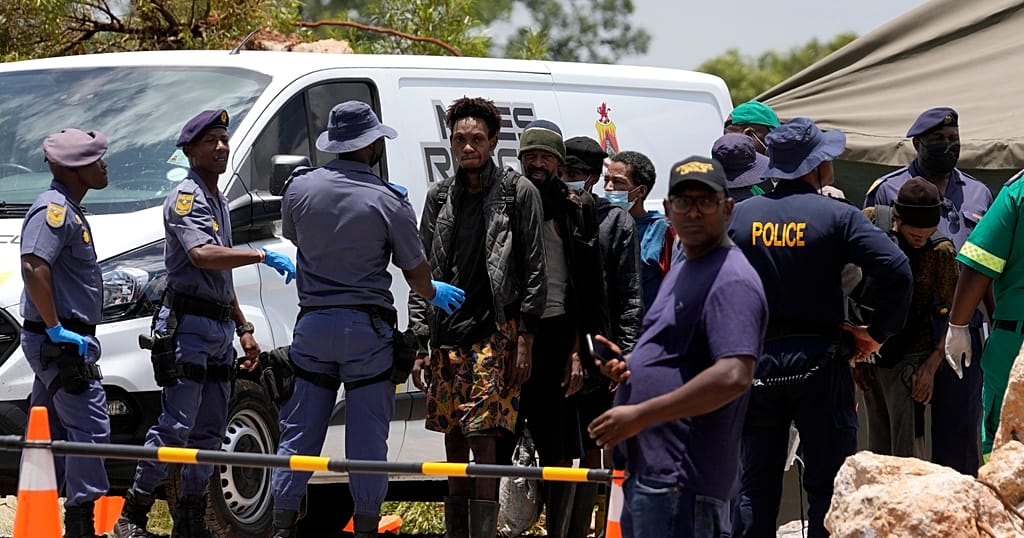In eastern Congo, the ongoing conflict has led to a significant increase in war-related injuries, with many victims requiring prosthetic limbs. The Shirika la Umoja orthopedic center, supported by the International Committee of the Red Cross since 2005, has been at the forefront of providing assistance to those affected. This year, the center has treated over 800 severely injured individuals, with prosthetic limb production rising sharply from 422 in 2024 to 326 in just the first half of 2025.
The conflict in North Kivu has had a devastating impact on civilians, including 30-year-old Melissa Hamuli, who was injured in a bombing in the town of Mubambiro earlier this year. Despite narrowly avoiding amputation, her legs no longer function properly, and she struggles to move. Hamuli’s experience is not unique, as many others have suffered similar fates. Amani Jérôme Jean-Claude, another patient at the center, lost his wife and four children in an attack by armed groups in April and had his leg amputated.
The orthopedic center has witnessed a shift in the profile of its patients, with technician Julienne Paypay noting that whereas most patients were previously born with disabilities, today most are war amputees. The center’s work is crucial in providing support to those affected by the conflict, helping them to regain mobility and independence. As the conflict shows no signs of easing, the demand for prosthetic limbs is expected to continue growing, putting additional pressure on the center’s resources.
The situation in eastern Congo is a stark reminder of the humanitarian consequences of conflict. The International Committee of the Red Cross and other organizations have been working to provide assistance to those affected, but more support is needed to address the scale of the crisis. As the conflict continues, it is essential to prioritize the protection of civilians and to work towards a peaceful resolution to the crisis. The Shirika la Umoja orthopedic center will likely continue to play a vital role in providing support to those affected, and its work serves as a testament to the importance of humanitarian aid in conflict zones.



